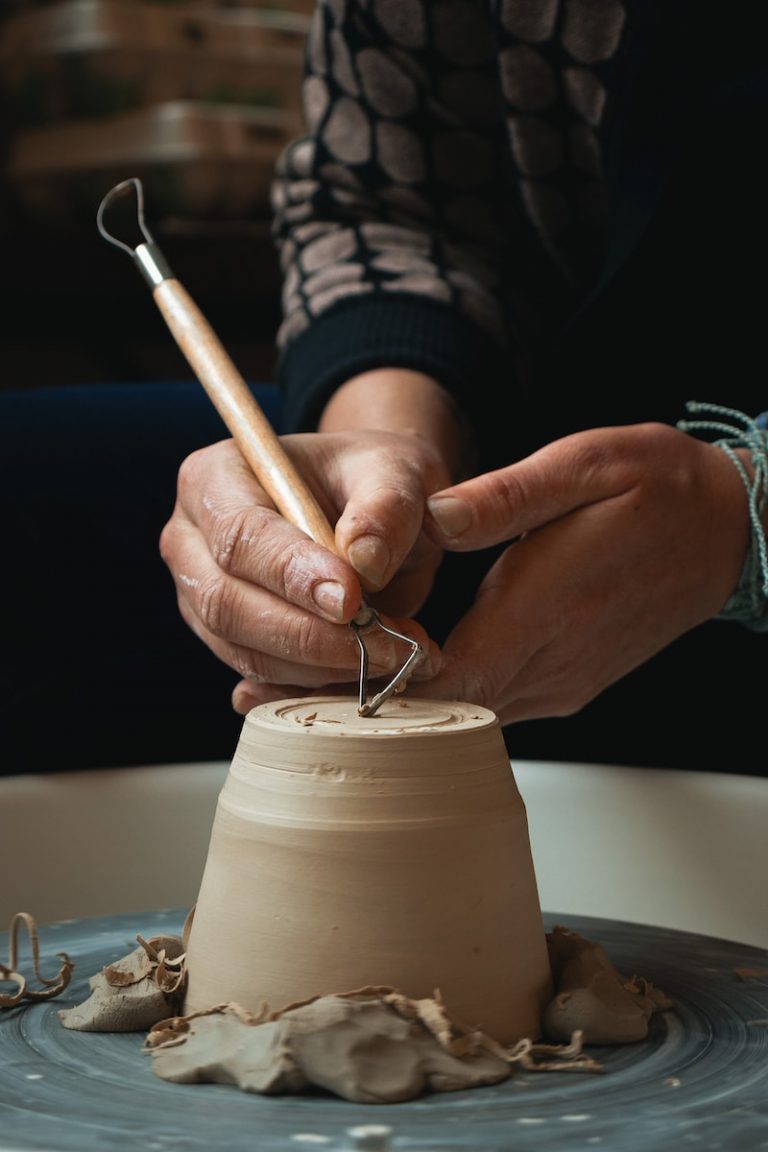Did you know that approximately one in five people are considered neurodivergent? This means that a significant portion of the population (including many famous faces) lives with a neurological condition. If you yourself don’t have one, you probably know someone who does.
These conditions often manifest as disorders or dysfunctions in the brain or wider nervous system, such as autism spectrum disorder (ASD), attention deficit hyperactivity disorder (ADHD), Tourette’s syndrome, and many others — over 600, in fact.
In a world where these conditions are being increasingly discussed and understood, a light is being shone on the different hobbies that can help neurodivergent individuals manage their unique qualities. In this article, we explore the impact of three of such hobbies.
Story Stages
1. Pottery
Art is an extraordinary hobby for neurodiverse individuals, as it offers a creative avenue to express thoughts and feelings that can sometimes be challenging to articulate verbally.
Pottery stands out among the various art forms, as the process of working with clay and transforming it into pottery provides a sensory-rich experience that can be as soothing as it is engaging. The tactile and expressive nature of pottery, coupled with its therapeutic benefits, make it an ideal creative outlet for individuals with ASD and ADHD.
While there are dedicated pottery classes for neurodiverse individuals, the therapeutic art form truly shines in the peaceful and familiar setting of home. For convenience, there are specialised pottery kits widely available. For instance, Pott’d offers an air-dry starter kit packed with “everything you need to create your own unique clay creations at home,” including 2 kg of clay, pottery tools, paint, and brushes.
2. Swimming
Numerous neurodivergent individuals, including those diagnosed with ASD, are often affected by sensory processing disorder (SPD). This neurological condition, Additude magazine explains, “inhibits a person’s ability to filter out unimportant sensory information, like the background noise in a bustling café, making them feel overwhelmed and overstimulated in certain environments.”
Swimming is not only an enjoyable activity but also presents a distinctive sensory experience owing to the hydrostatic pressure of the water. This “can provide the necessary sensory input that individuals with ASD crave,” the Healis Autism Centre notes, “as well as dampen sensory over-stimulation, creating a comfortable and relaxing environment similar to the concept of a weighted blanket.”
However, it is important to note that crowded pools can sometimes be overwhelming if they’re full to the brim with swimmers eager to enjoy the various benefits offered by the sport. As a workaround, it is advisable to go swimming during quieter times or seek out leisure centres that offer autism-friendly hours.
3. Horse riding
According to advocates of therapeutic horse riding, the special connection that riders often develop with their gentle giants can act as a gateway to self-regulating behaviour and even improved language and communication skills. This makes it perfect for neurodiverse individuals.
Moreover, horse riding often involves being part of a community, such as a riding school, programme, or club. This can provide opportunities for social interaction, developing friendships, and building social skills. Consequently, working alongside instructors and other riders can foster a sense of belonging and acceptance.
In recent years, equine-assisted therapy has emerged as a recognised form of therapy to help people with ASD, SPD, and ADHD. “Many different animals can be used for therapy,” Beaming Health explains. “We’ve all heard of therapy dogs and emotional support animals, but horses have unique traits that make them a top choice for animal-assisted therapies.” Horses possess a range of distinctive qualities, chief among them the abilities to provide feedback and mirror behaviour.
